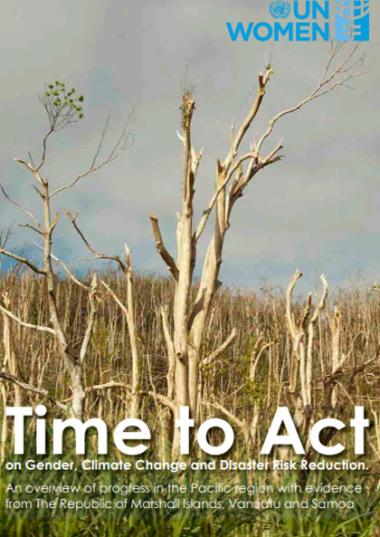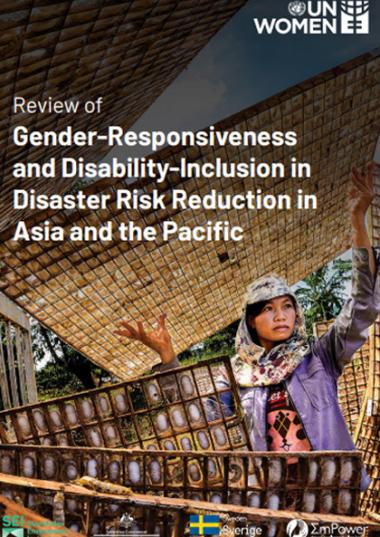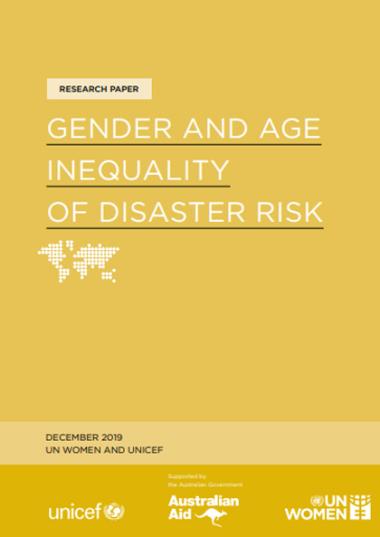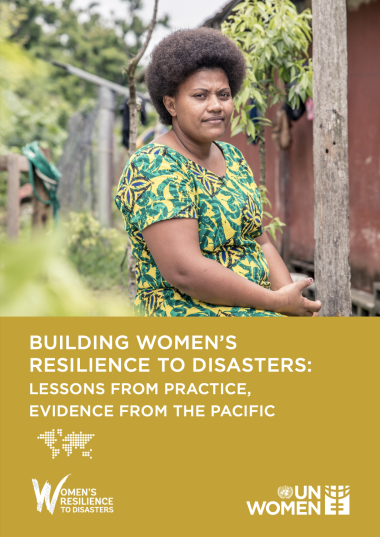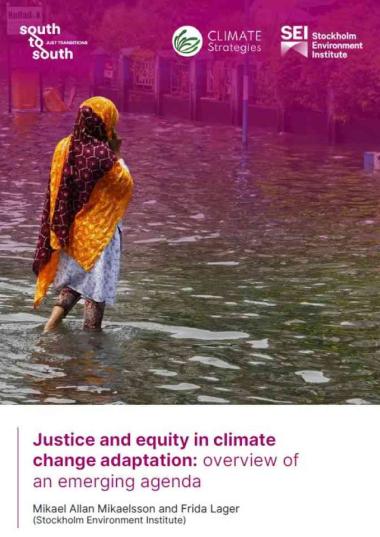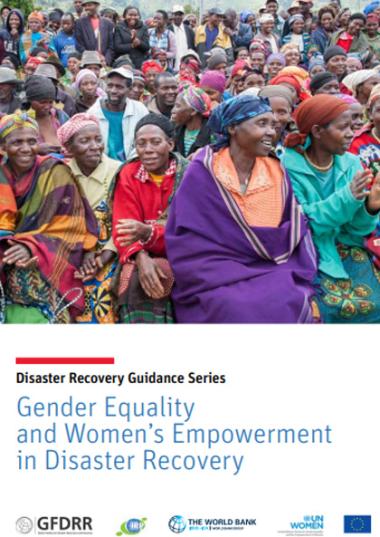
Disaster management is a global challenge, but disasters do not affect men and women equally. In most of the world’s disasters, more females are impacted than males, and in Afghanistan, the disparity between female and male victims is even greater. This study identifies and maps the relationships between the factors that make Afghan rural women more vulnerable to natural hazard-induced disasters. Data for this study were obtained through focus group discussions with rural women and men, as well as person-to-person interviews with employees of government and non-governmental organizations at the national and local levels in Afghanistan.
The study uses Grounded Theory and Interpretive Structural Modeling, not widely used before for this type of study, to analyze the data collected and to map the factors of vulnerability identified and their relationships. In agreement with previous studies, our findings show that insufficient disaster education, inadequate protection measures, and powerful cultural issues, both pre-and post-disaster, increase women’s vulnerability during and after disasters. In particular, cultural issues play a role after disasters by affecting women’s security, access to disaster aid, and health care. The study also found that perception regarding these cultural issues and how they affect women during disasters differ among men and women. Finally, by using Interpretive Structural Modeling, it shows how the importance of the factors and their interrelationships change in pre-disaster and post-disaster situations.
The research concludes the article with some policy recommendations such as finding ways to allow women to participate in disaster planning activities and decision-making processes related to disaster risk reduction, as well as securing dedicated funds for the mainstreaming of gender in disaster risk reduction policies in Afghanistan.
